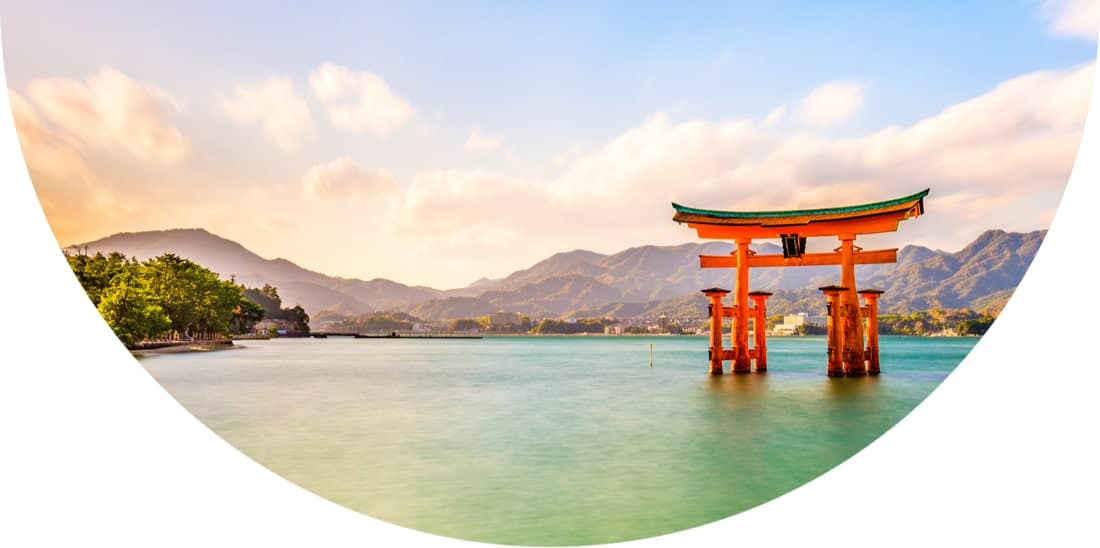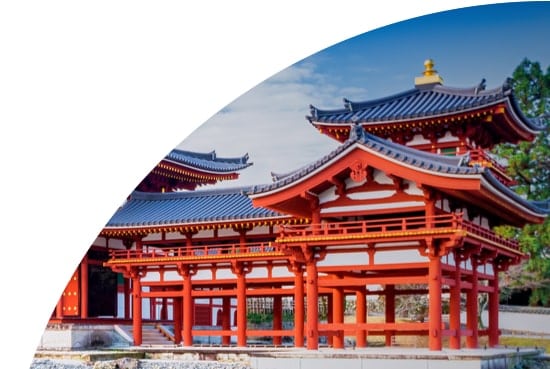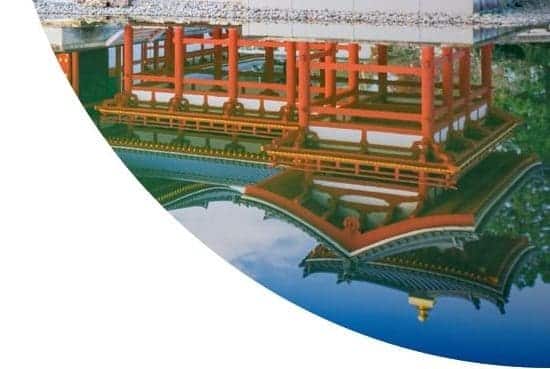Crimean-Congo haemorrhagic fever (CCHF) is primarily spread to humans either by infected ticks or animal blood. Human-to-human transmission can also occur resulting from close contact with the blood, organs or other bodily fluids of an infected person.


Travel Vaccinations for Japan
Recommended Vaccines for Japan
The level of protection needed depends on your medical history and travel itinerary. Book now to get a personalised recommendation from our specialist travel nurses. The consultation costs £20 plus any vaccines you decide to take.
Flexible appointments with no upfront payment
Book Now
Destination Information for Japan
The island nation of Japan, in East Asia, is a country of contrasts. Juxtaposing ancient and modern, Japan is known for its cutting-edge developments in technology, fashion and cuisine – alongside its longstanding cultural rituals and celebrations.
During a visit to Japan, you’ll find ancient Buddhist temples, Shinto Shrines and ruined castles, alongside contemporary artwork and futuristic gadgets. There are a multitude of festivals, traditional and religious celebrations alike, the most important of which is New Year. The largest summer festival in Japan is Obon, which honours ancestral spirits, and people visit the graveyards of their villages.
There’s plenty of natural beauty to discover in Japan. From springtime cherry blossoms to the beaches of Okinawa and the iconic Mount Fuji. Go skiing in the snow-topped peaks of the alps in Honshu, soak in the hot springs at the Onsen Capital, Beppu, or clamber through an incredible primaeval forest up the 2,446 stone steps of the Haguro mountain. Lovers of lights and action should head to the capital Tokyo; this continuously evolving metropolis is populated with neon signs, towering skyscrapers and fabulous cuisine.
If you’re planning a trip to Japan, spring and autumn are said to be the best times to go. In spring, it’s warm, not too rainy, and the famous cherry blossom is in full bloom – an unforgettable sight. Autumn brings equally impressive colour to the trees and temperatures have cooled after a steamy hot summer.
If you are unsure which travel vaccinations you require when visiting Japan, book a consultation and one of our nurses will take you through any potential risks. You should be up to date with your tetanus vaccination whilst seriously considering the risks of Tick-Borne Encephalitis, Hepatitis B, Rabies and Japanese encephalitis. Additionally, book travel insurance so that you are covered in case of any unforeseen medical emergencies.
Infections and Outbreaks frequently change from country to country and by attending our clinics you will be given the most up to date clinical and safety advice from our team of specialists. Our advice to you often includes aspects such as:
Additional Health Risks Information for Japan
Japan is considered a very safe country to visit. Crime levels are low, and although theft and personal attacks do occur, there is no obvious targeting of tourists. When in Japan, take the same level of precautions about your safety and the security of your belongings as you would at home.
Medical facilities in Japan are excellent but expensive. You will be expected to pay the full cost of your treatment, and treatment delays can occur while your travel insurance is validated. It’s a good idea to carry copies of your insurance documents with you to avoid any potential difficulties. If you take a prescription medication, carry a sufficient amount for your whole trip – the same medication may not be available in Japan. Tick-borne Encephalitis and Japanese Encephalitis are present in rural areas so consult a travel clinic for vaccines before your trip.
Japan is in a major seismic zone, and earthquakes, volcanic eruptions and tsunamis are a potential danger at all times. Check the specific advice for your destination about the likelihood of a seismic event, and what you should do if you’re in an affected area. The tropical cyclone season is from June to December, with the South of Japan most affected by typhoons during this time.



